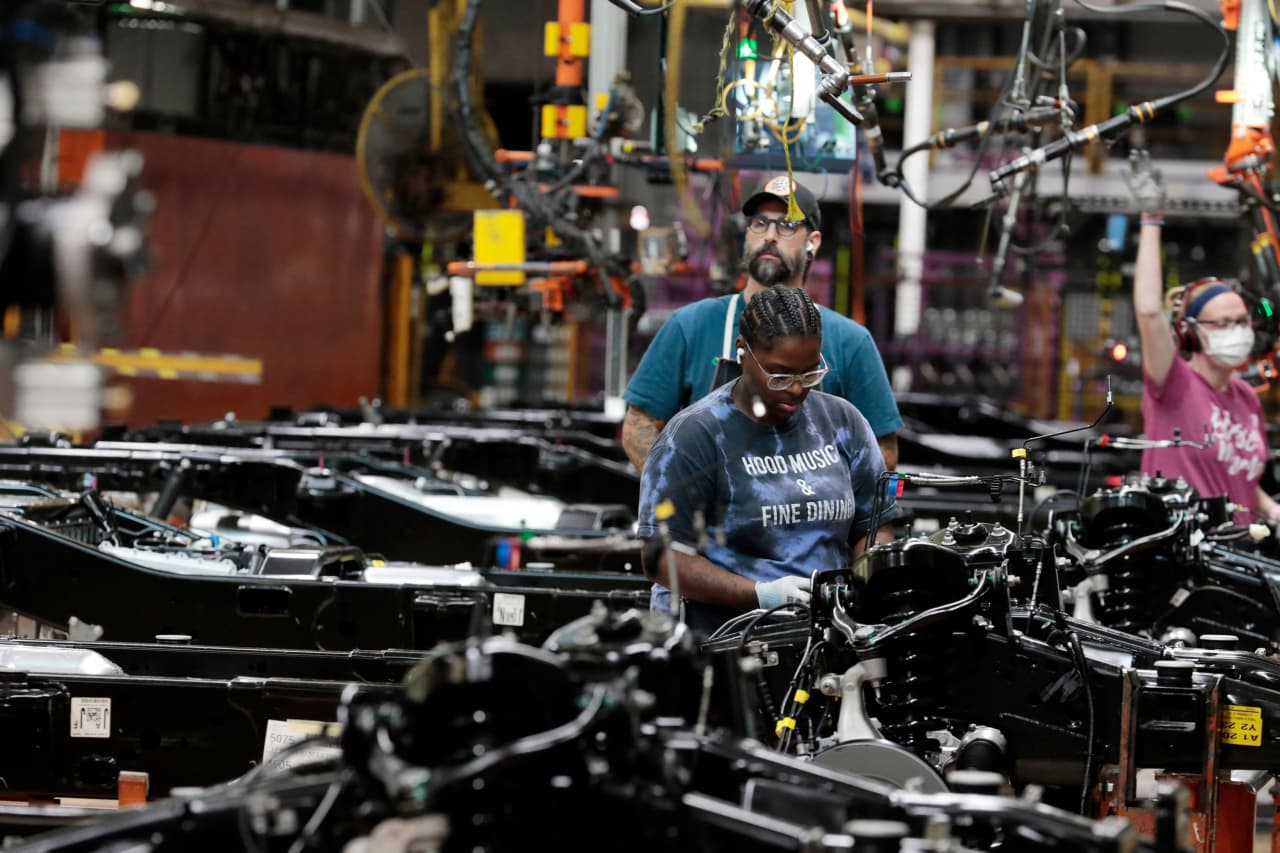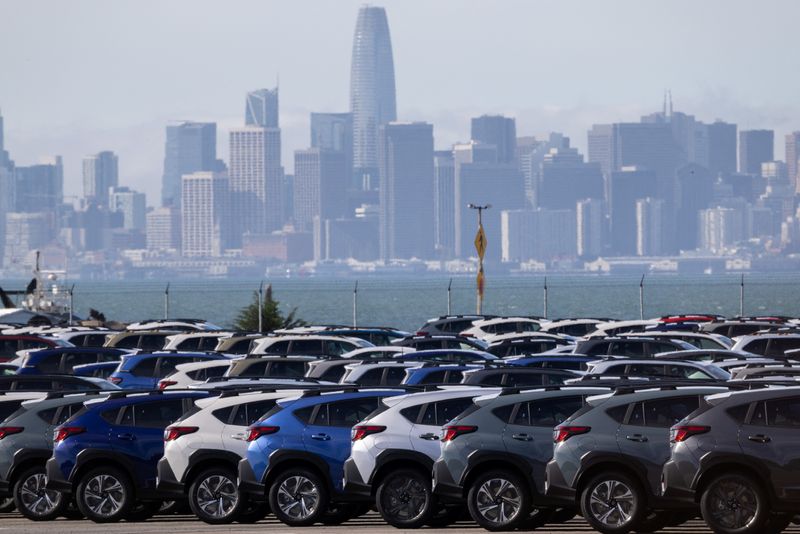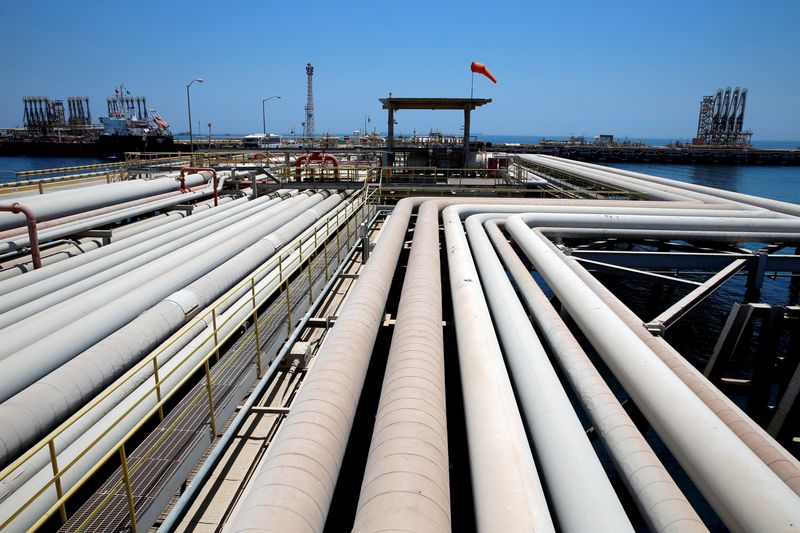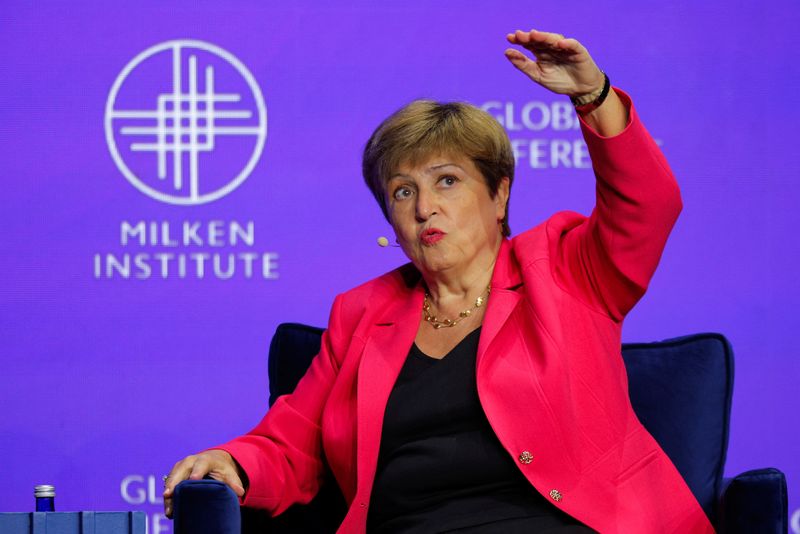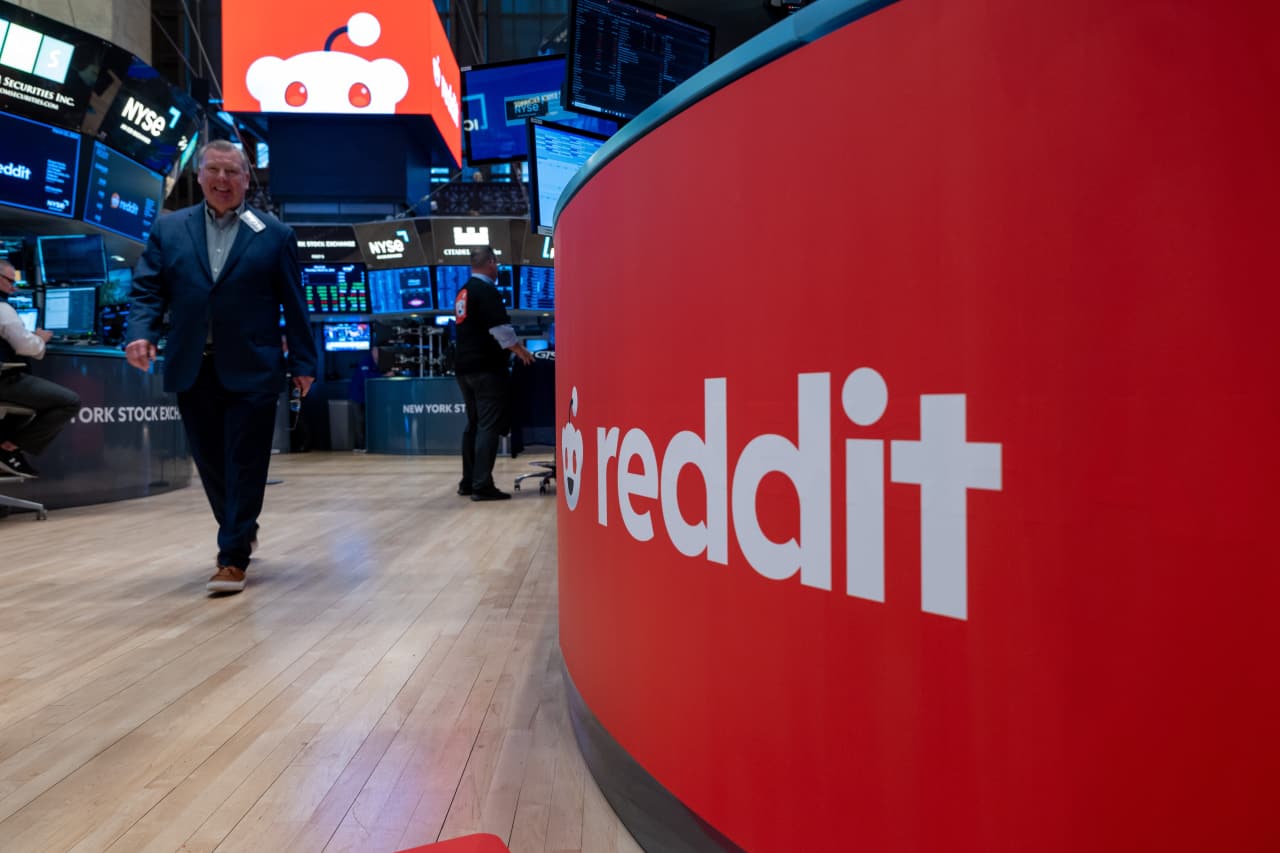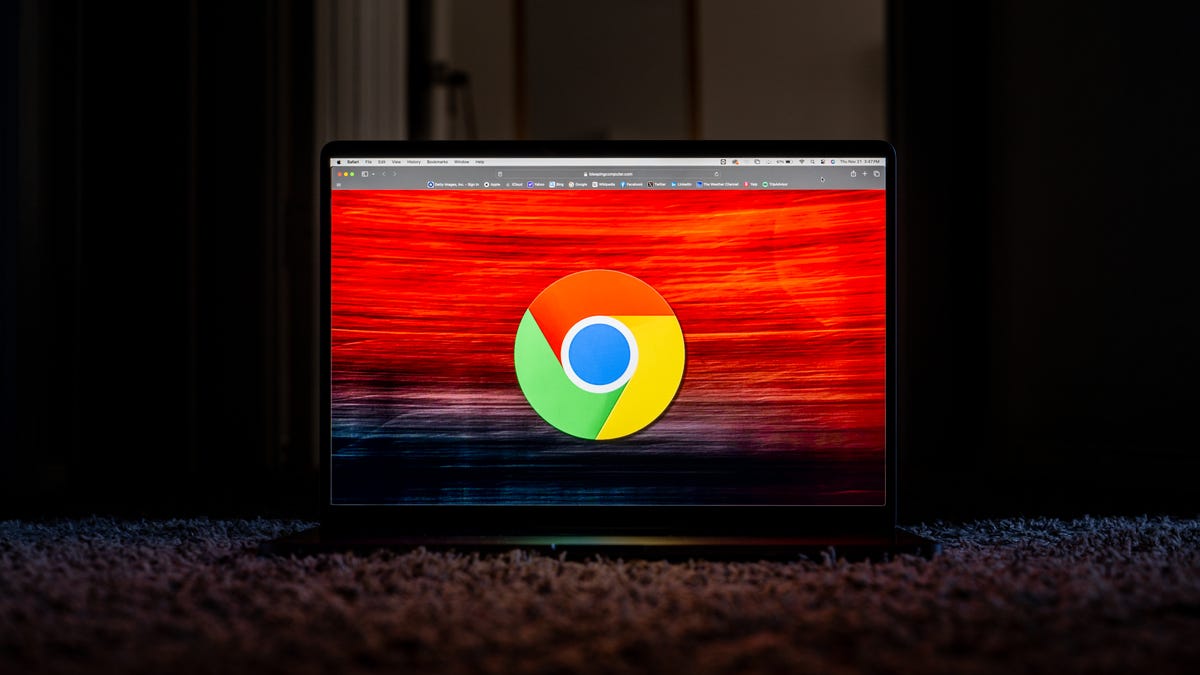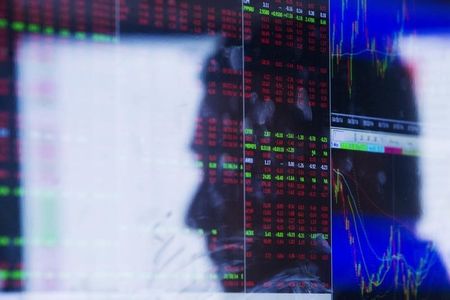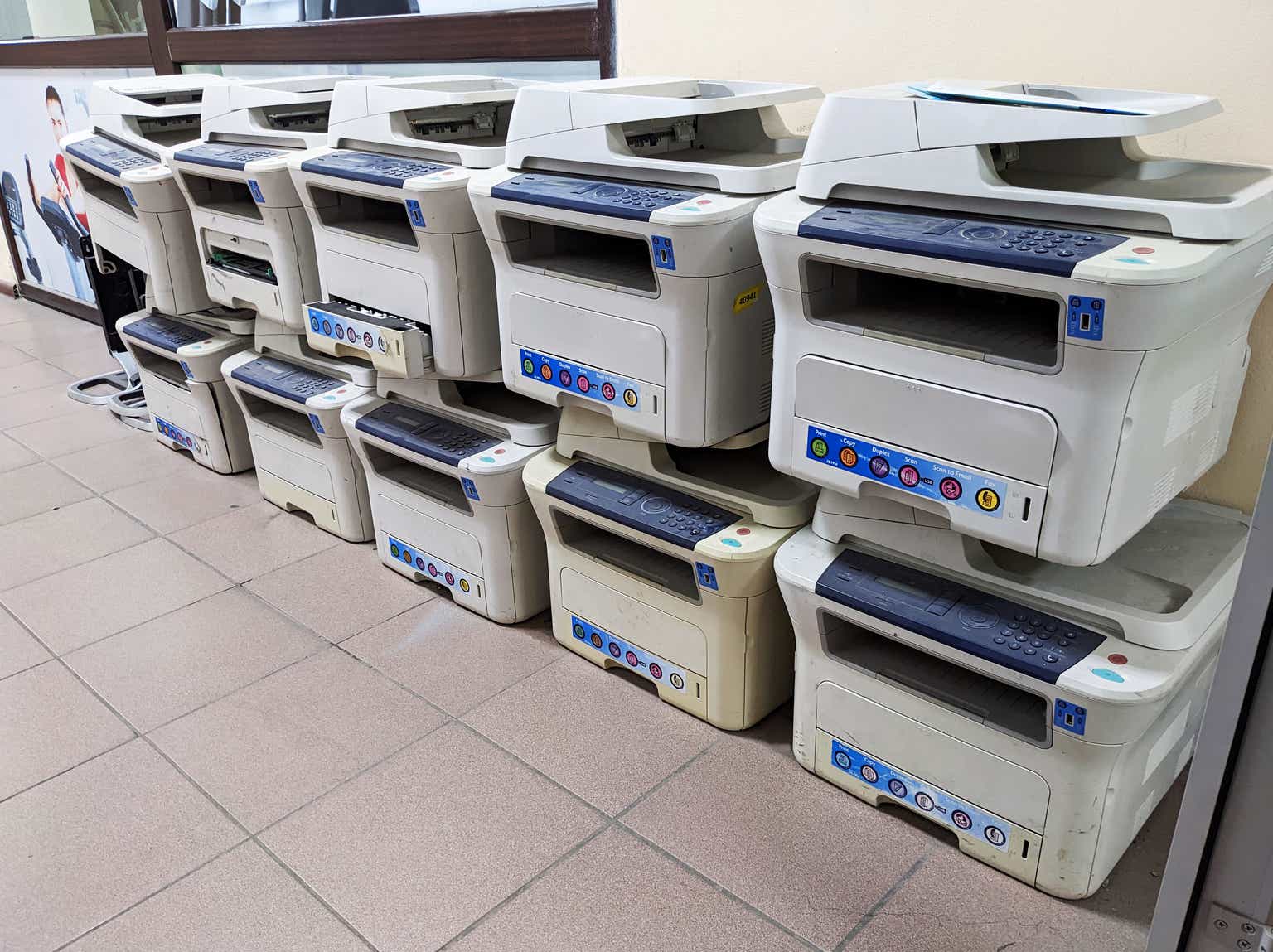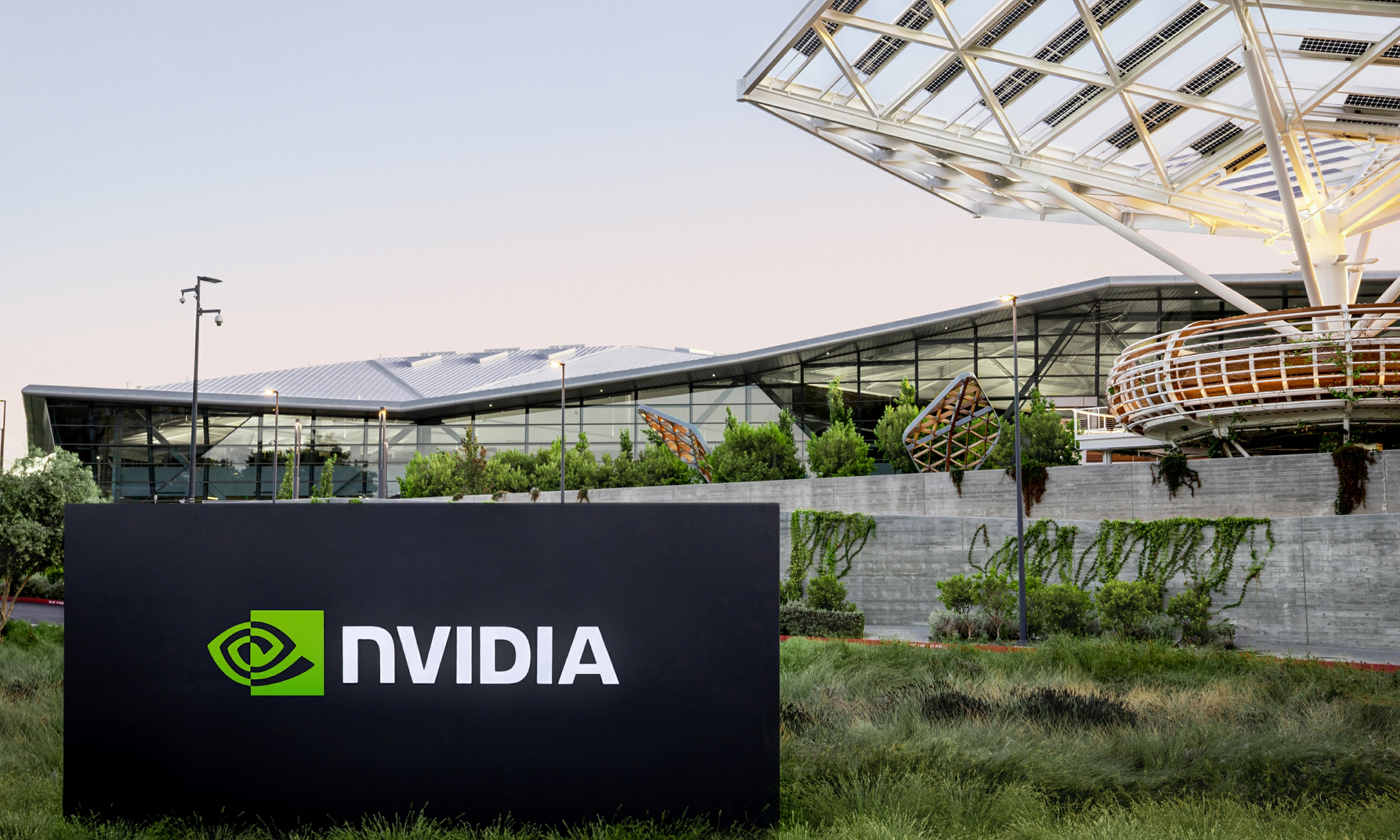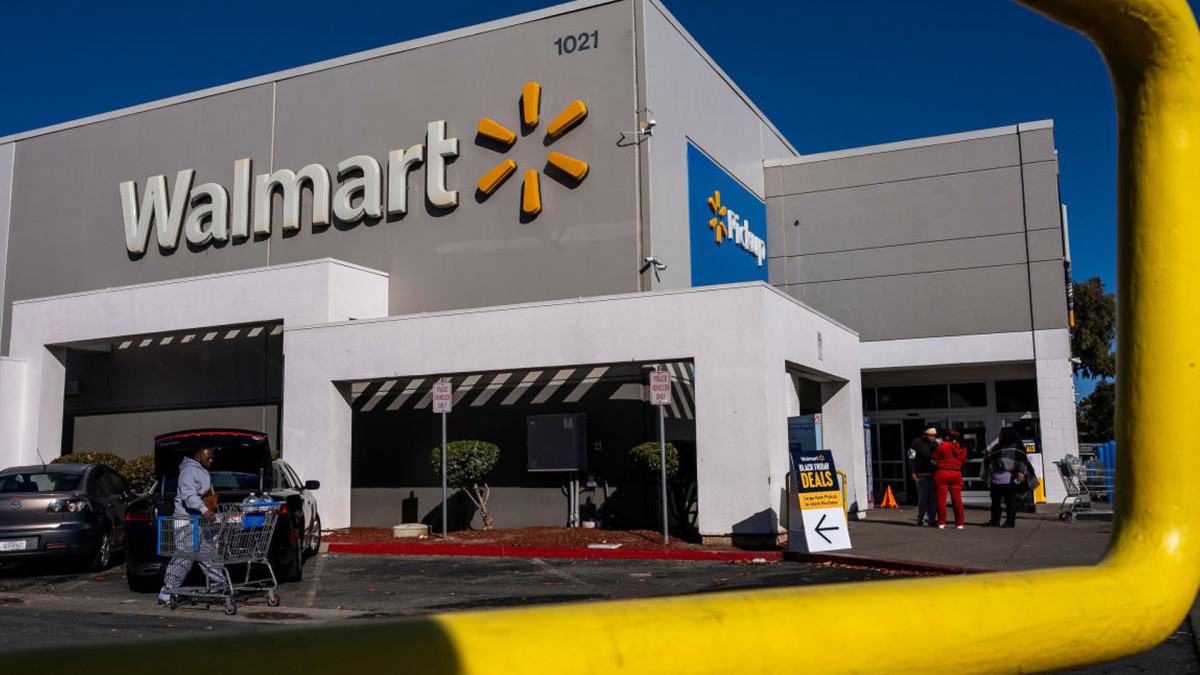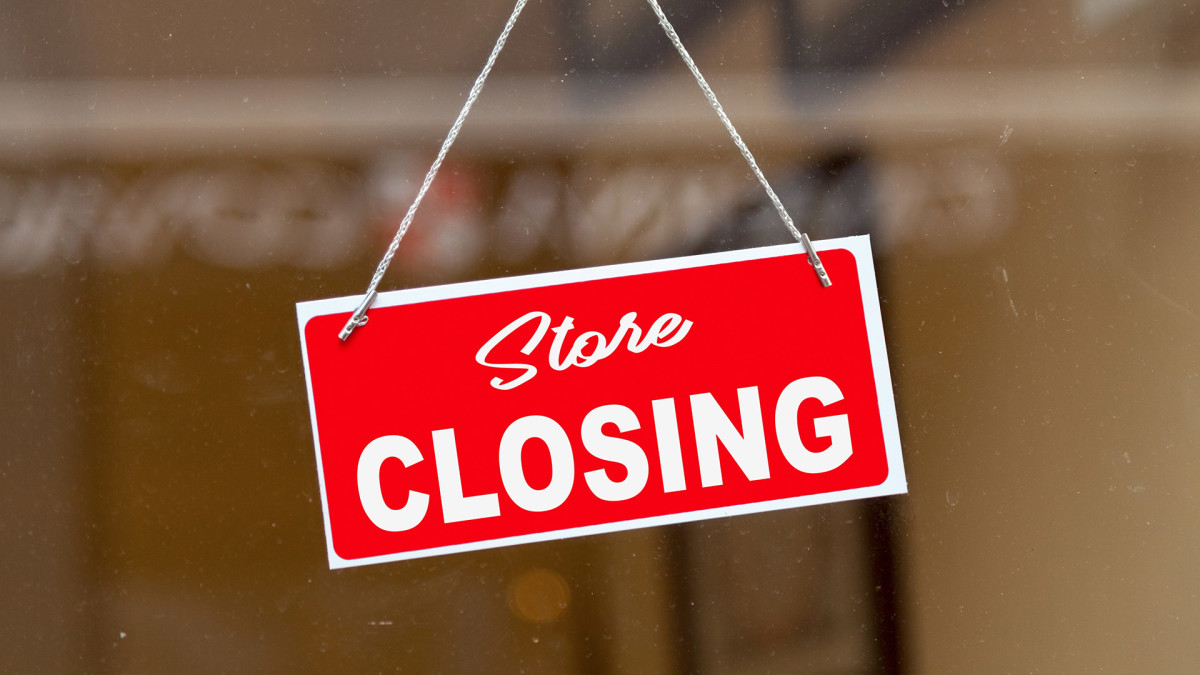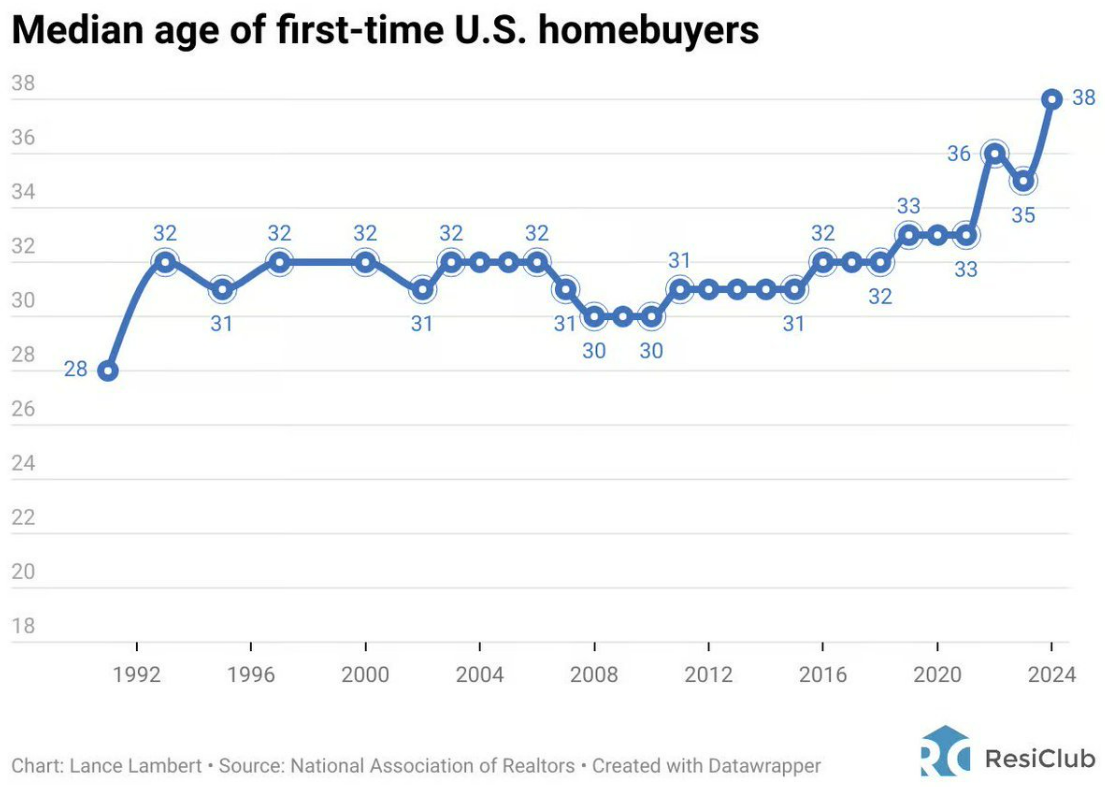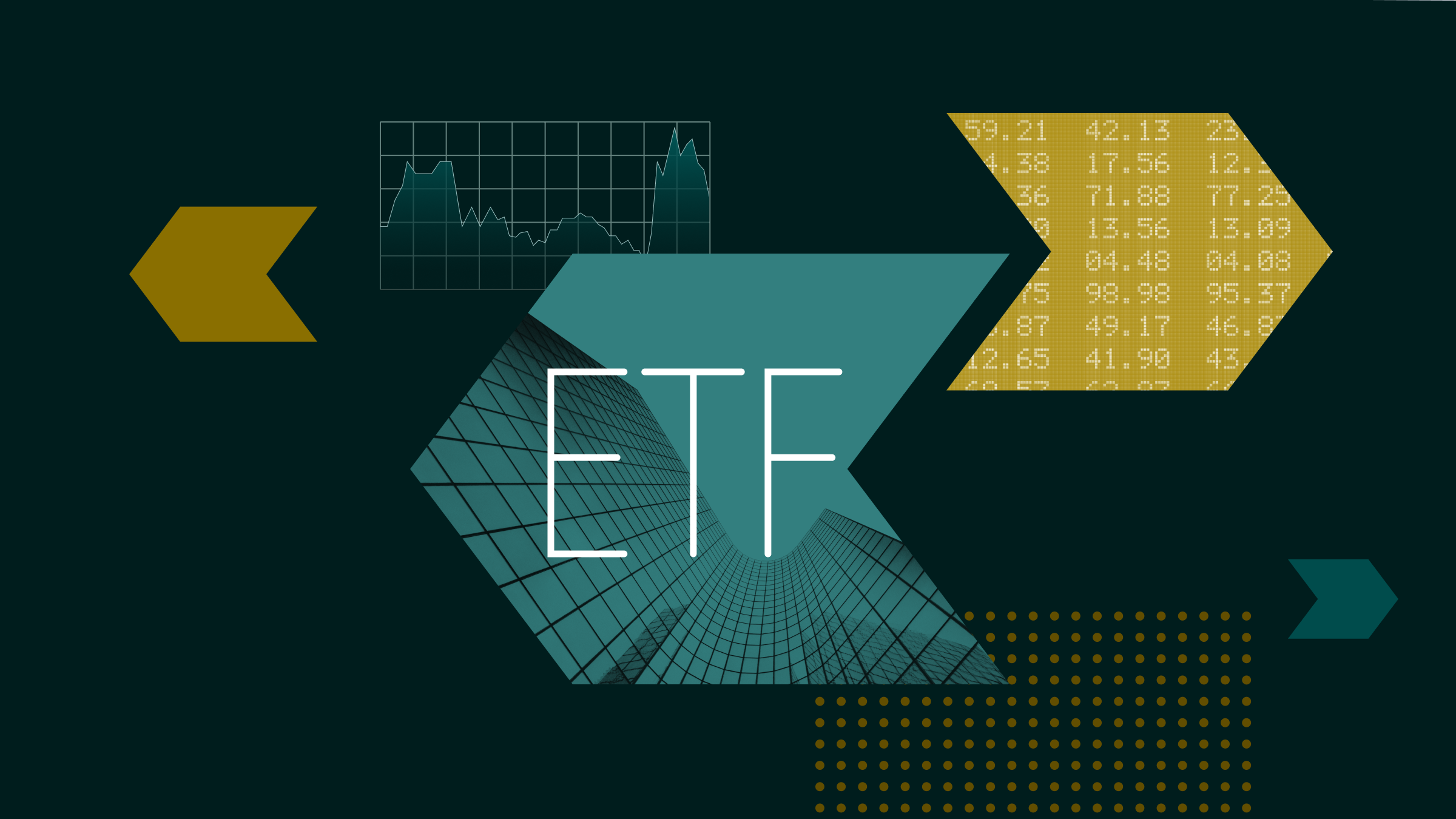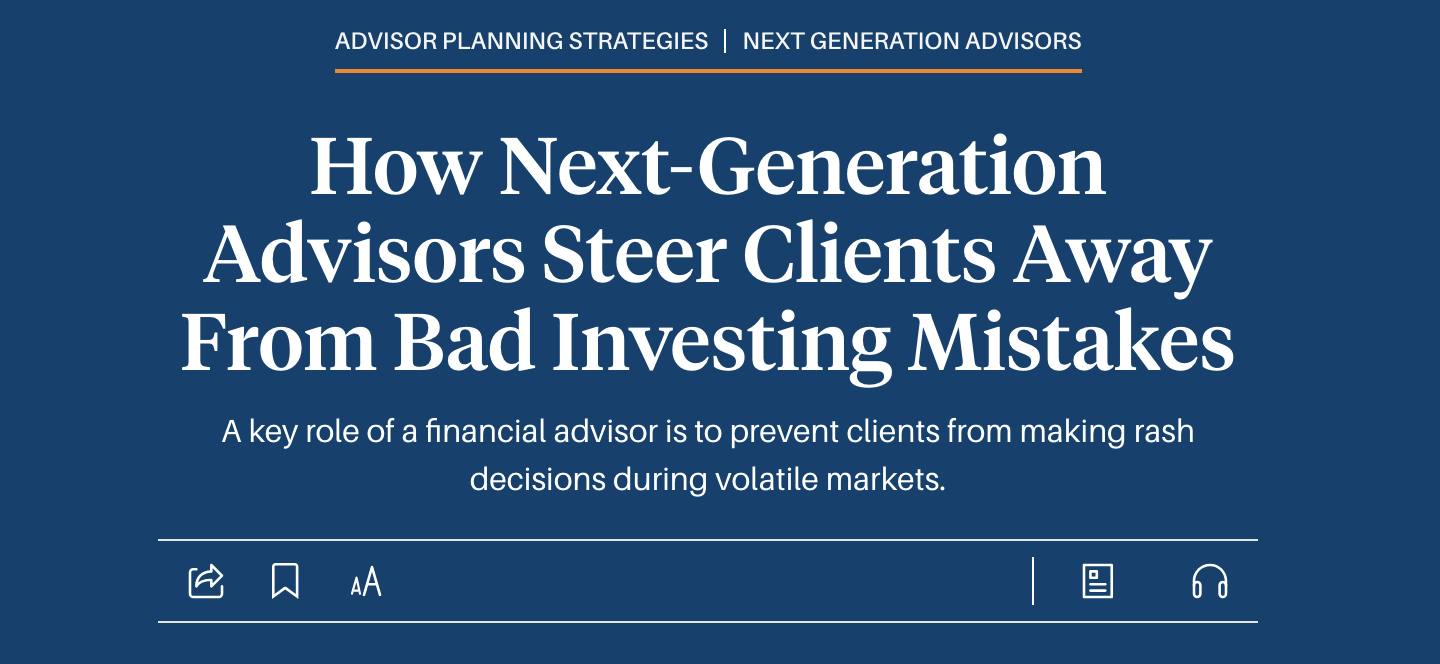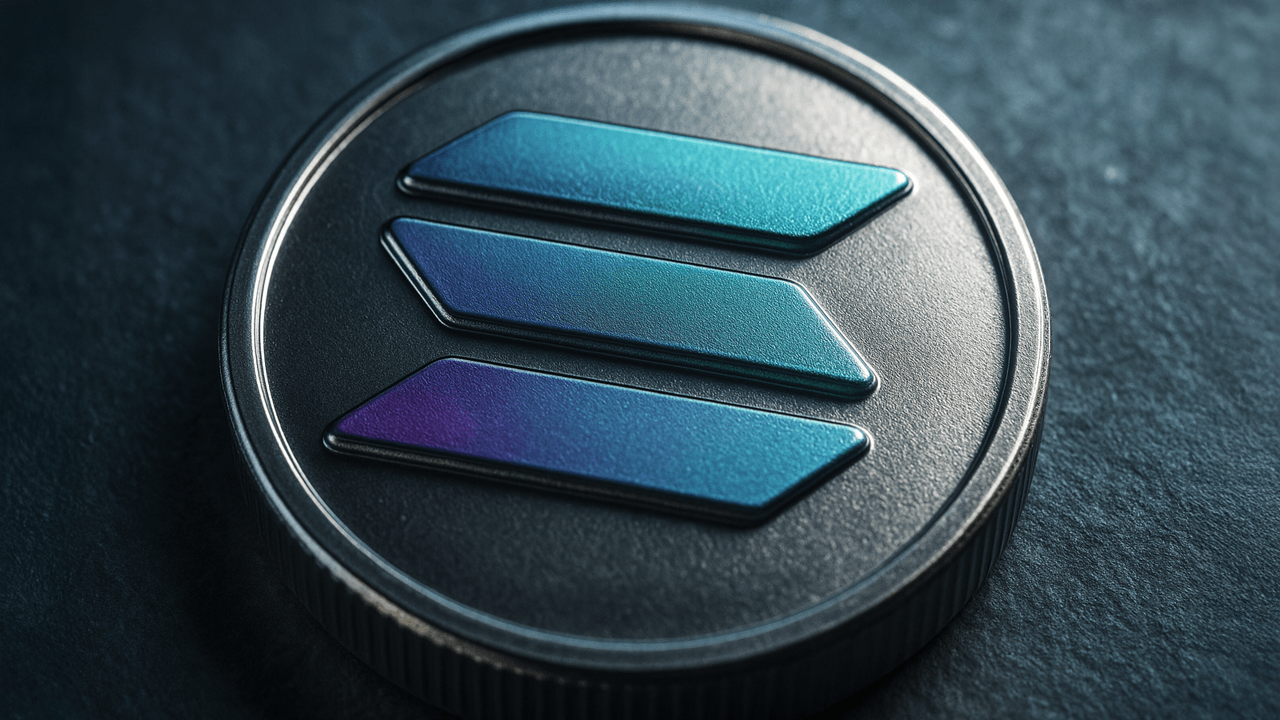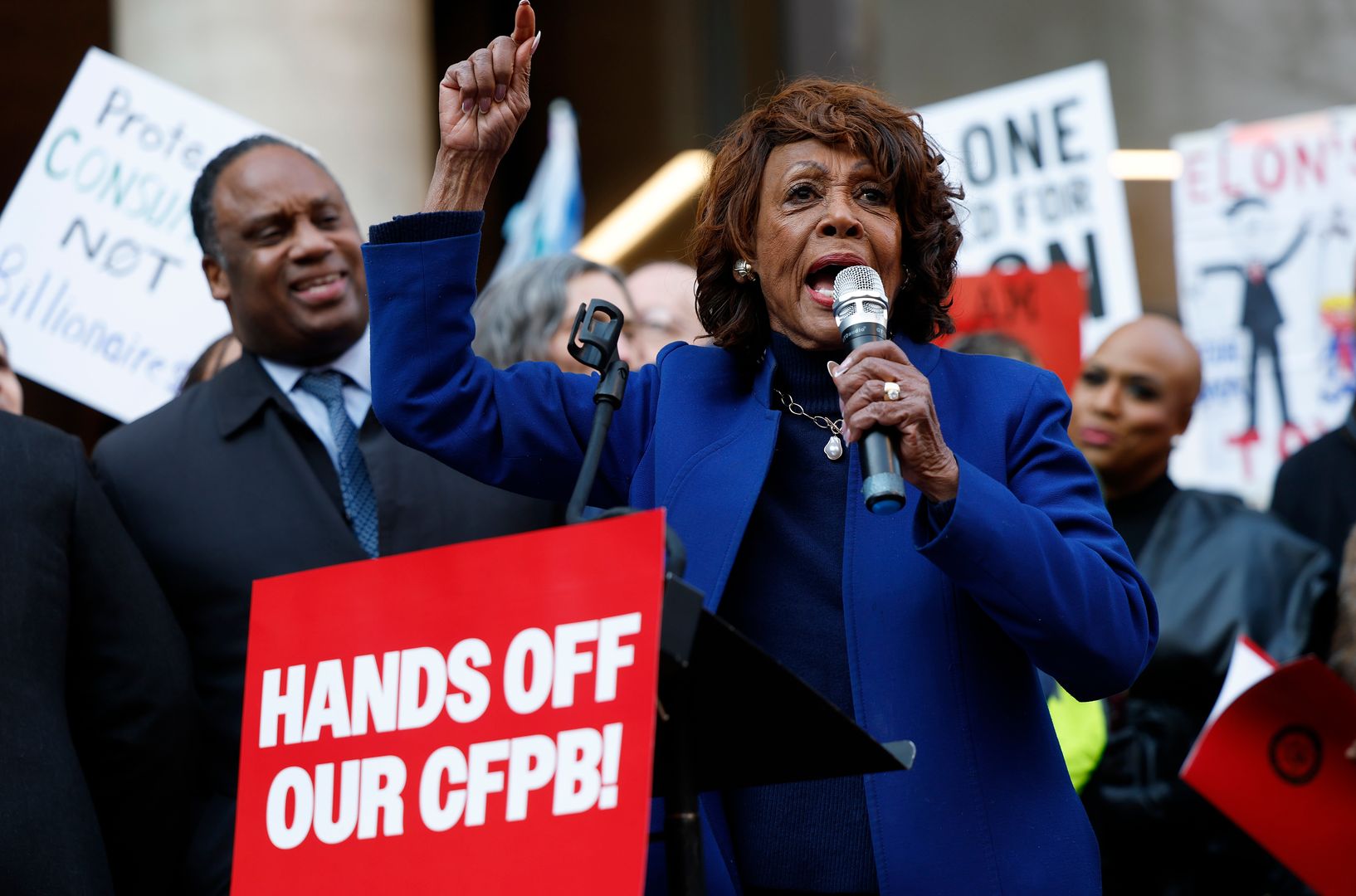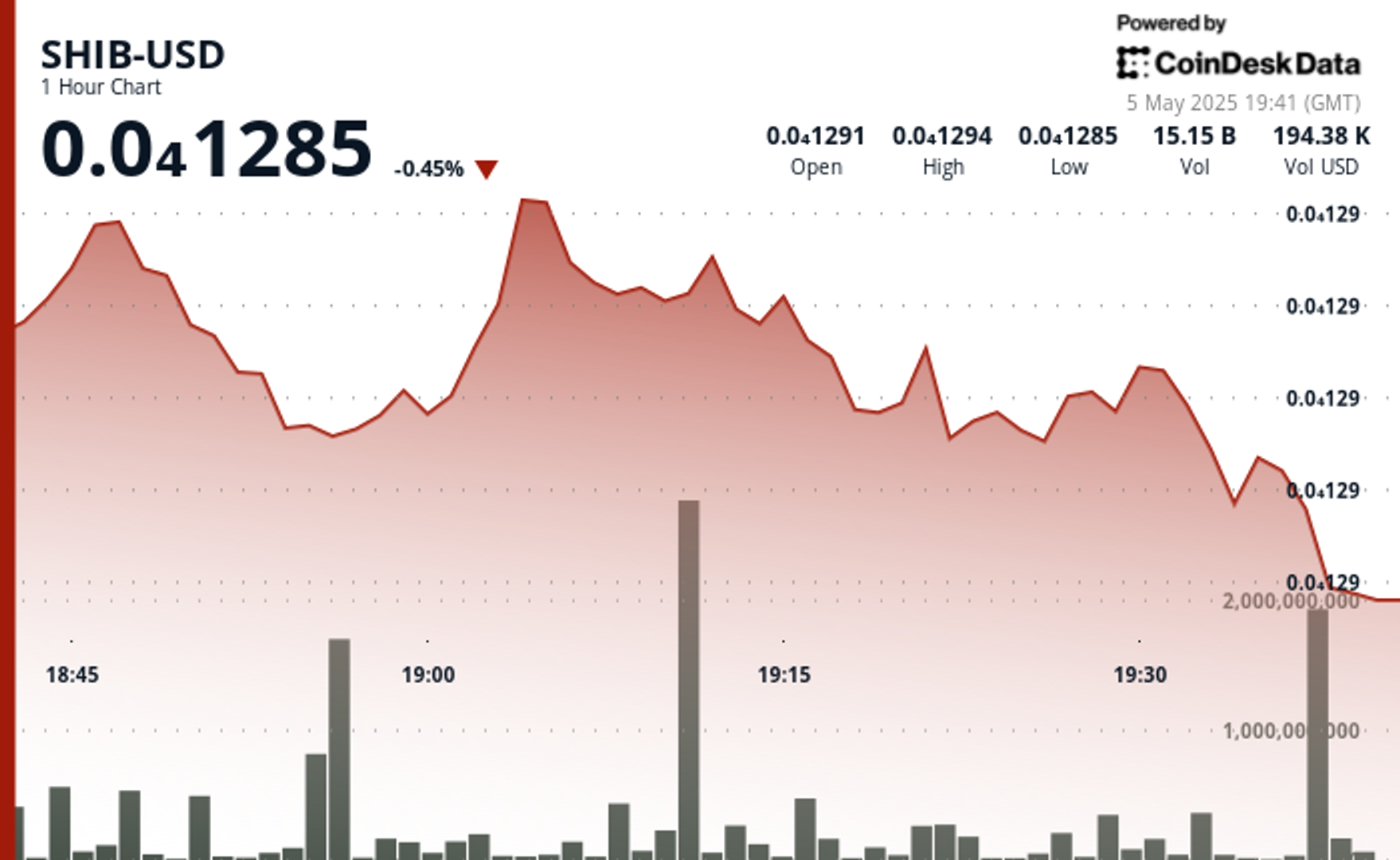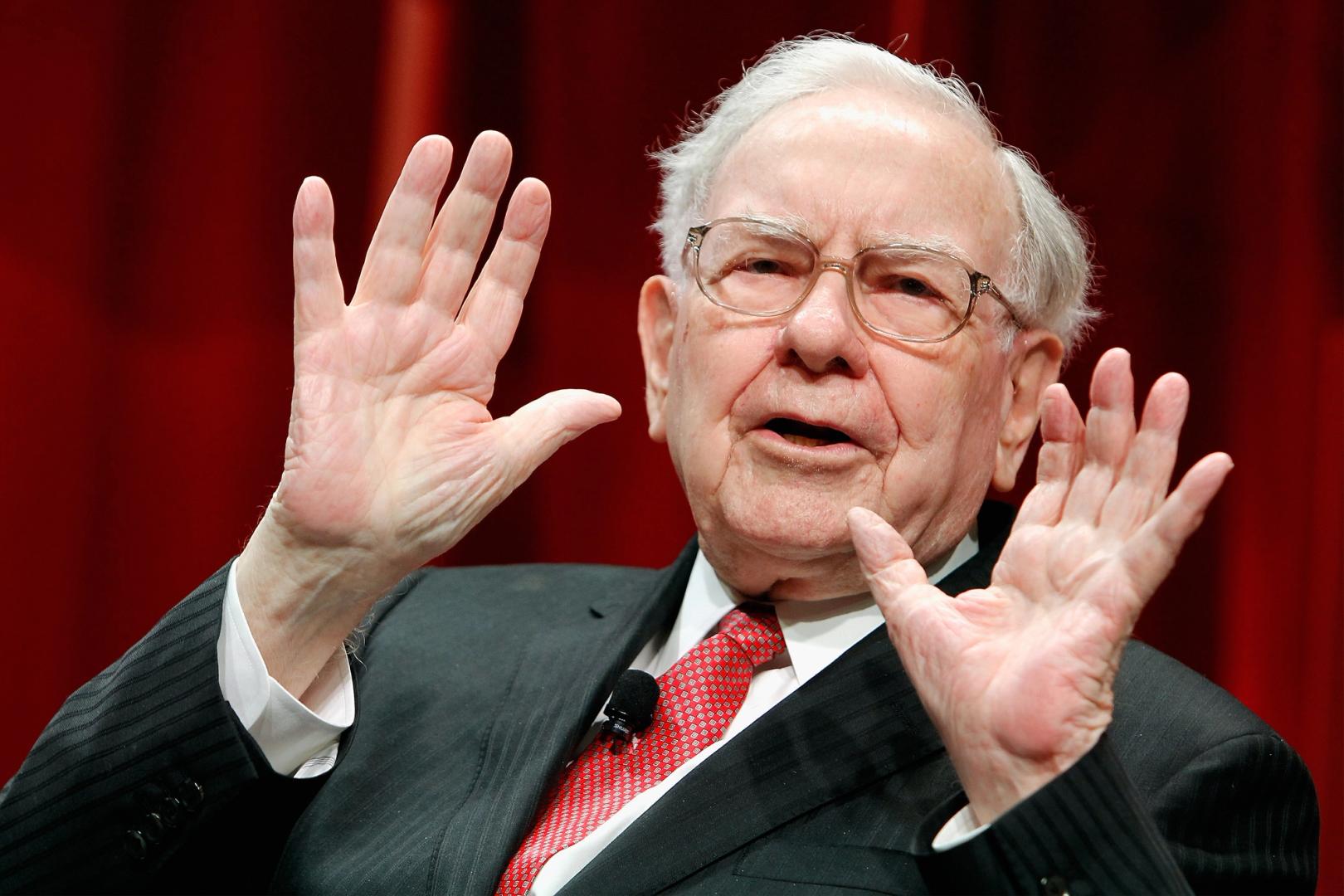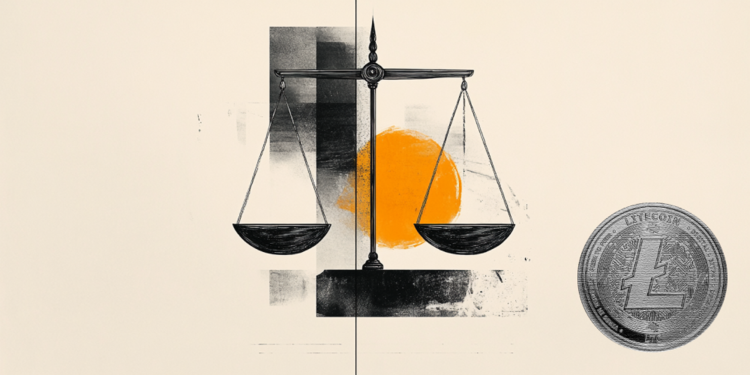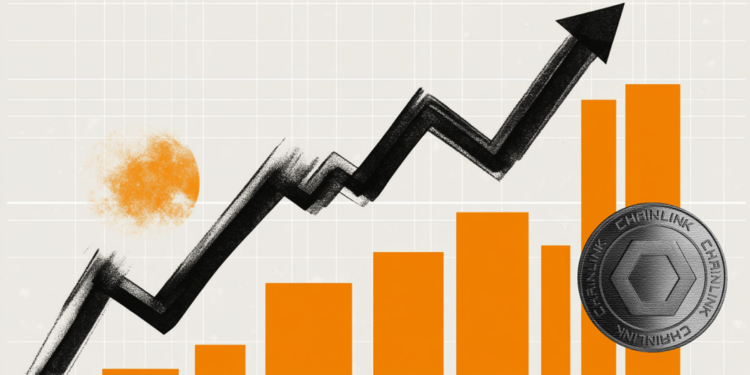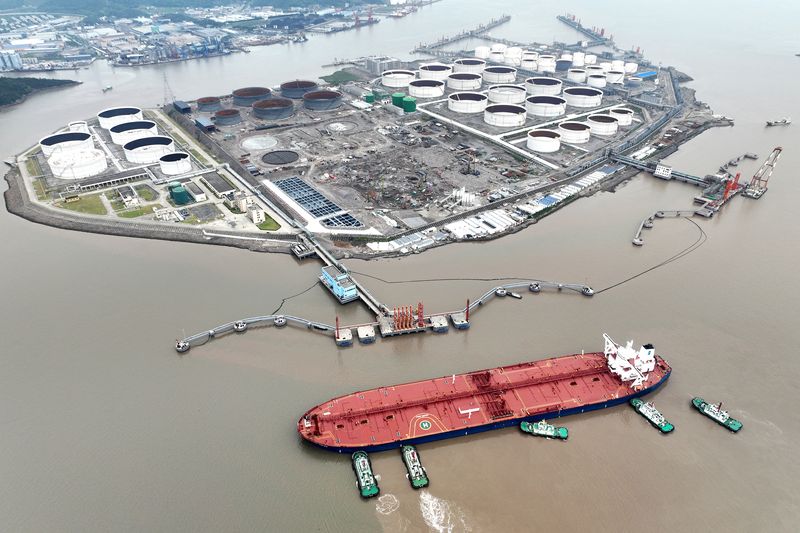Hold Boeing Stock? Here's the 1 Thing Long-Term Investors Need to Focus On.
The key to Boeing's (NYSE: BA) long-term future lies in its ability to develop the next generation of narrowbody airplanes to replace the 737 MAX. It's a fact implicitly recognized by CEO Kelly Ortberg on his first earnings call in October when referring to "restoring the balance sheet so that we do have a path to the next commercial aircraft." Here's what you need to know before buying into the stock for the long term.It takes years and many billions to develop a new aircraft, which will be the case with the next generation of narrowbody aircraft. Former CEO Dave Calhoun is on record as saying Boeing won't be introducing a new airplane until the middle of the next decade, and he also believes it would require a $50 billion investment. While 10 years seems like a long time away, investors should already focus on the matter due to Boeing's financial position. The usual pattern in so-called long-cycle industries involves a period of heavy investment until an airplane's first delivery, followed by a period of gradually increasing cash generation as deliveries and profit margins ramp over the years. The cash generated can then be invested in developing the next generation of airplanes.Continue reading

The key to Boeing's (NYSE: BA) long-term future lies in its ability to develop the next generation of narrowbody airplanes to replace the 737 MAX. It's a fact implicitly recognized by CEO Kelly Ortberg on his first earnings call in October when referring to "restoring the balance sheet so that we do have a path to the next commercial aircraft." Here's what you need to know before buying into the stock for the long term.
It takes years and many billions to develop a new aircraft, which will be the case with the next generation of narrowbody aircraft. Former CEO Dave Calhoun is on record as saying Boeing won't be introducing a new airplane until the middle of the next decade, and he also believes it would require a $50 billion investment.
While 10 years seems like a long time away, investors should already focus on the matter due to Boeing's financial position. The usual pattern in so-called long-cycle industries involves a period of heavy investment until an airplane's first delivery, followed by a period of gradually increasing cash generation as deliveries and profit margins ramp over the years. The cash generated can then be invested in developing the next generation of airplanes.
